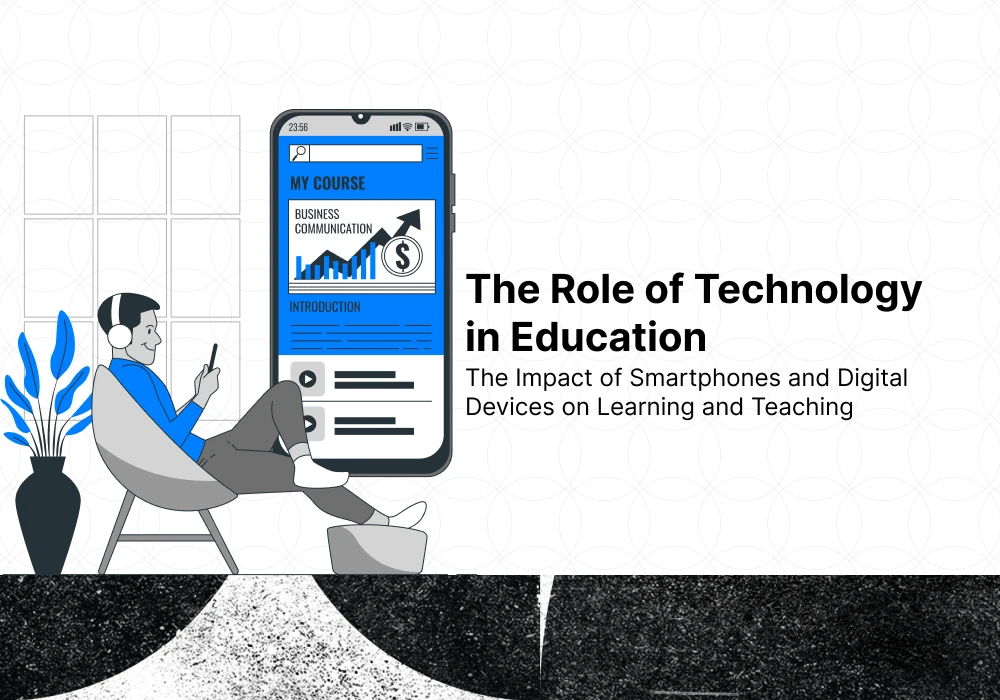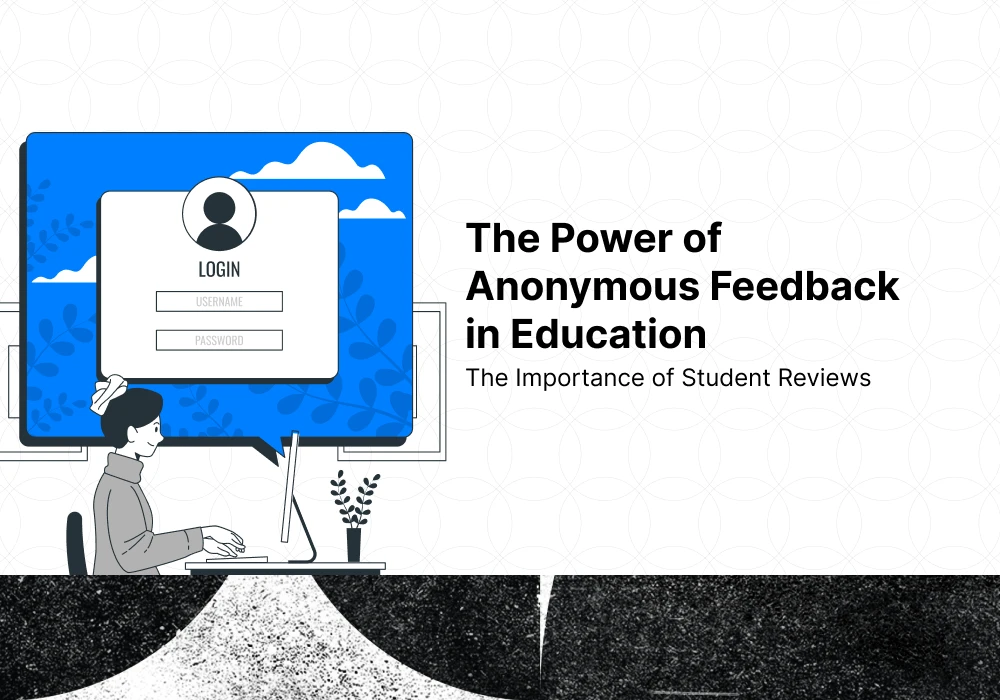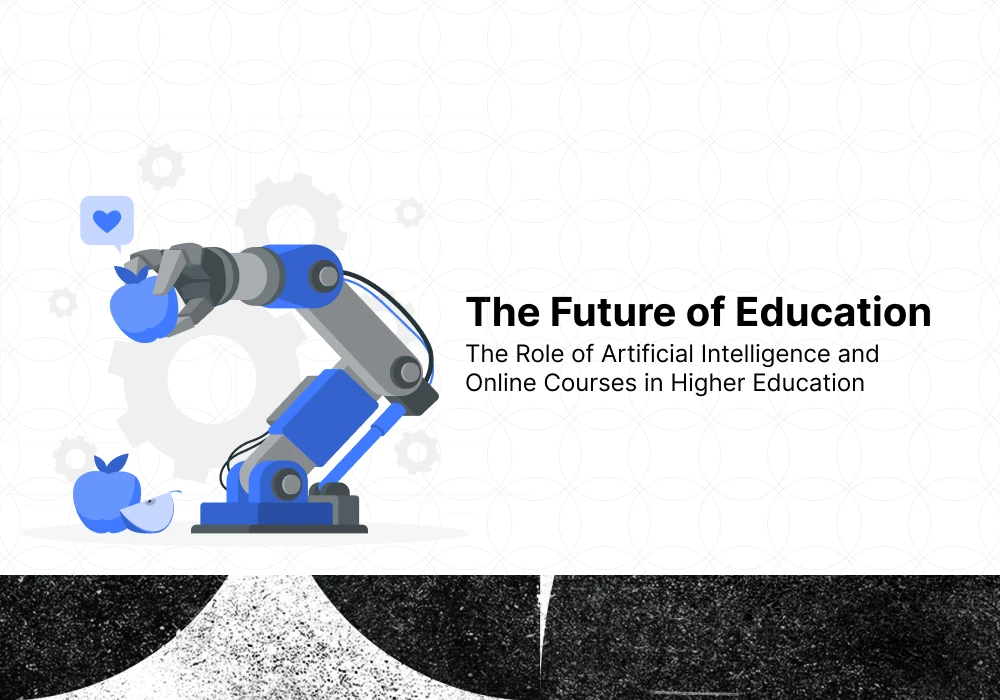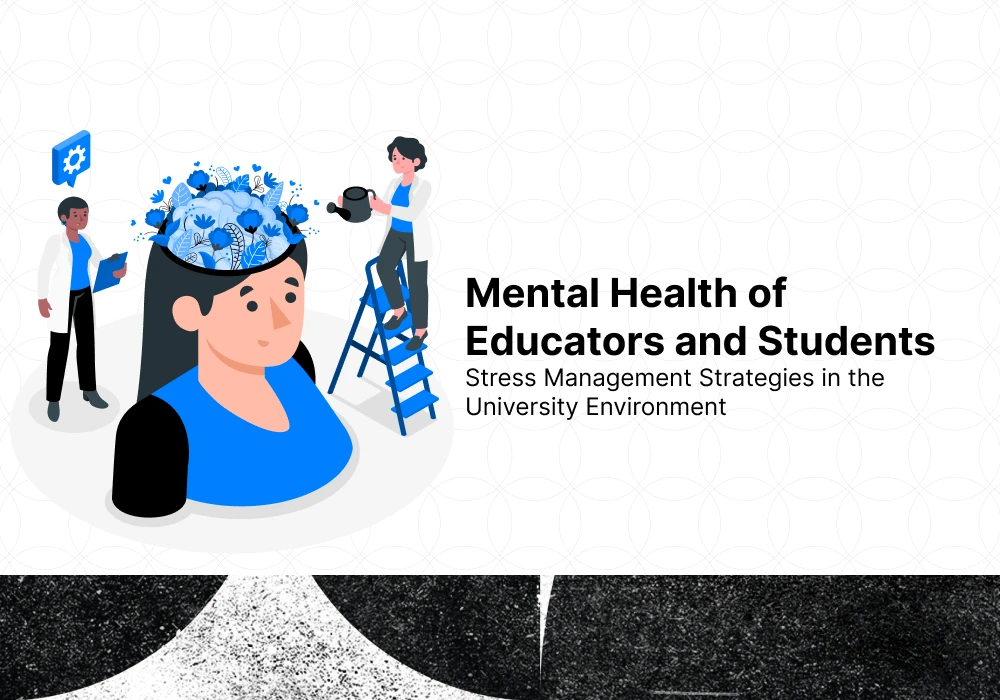The Role of Technology in Education
The Impact of Smartphones and Digital Devices on earning and Teaching
3 perc
Sep.22.2023

The revolution in technology has fundamentally transformed education and learning. The emergence of smartphones and digital devices has revolutionized the educational process, providing opportunities for more efficient and interactive learning. This article examines the role of technology in education, with a particular focus on the impact of smartphones and digital devices on learning and teaching.
Introduction
Education has always been a fundamental part of human development, and the process of learning has taken various forms over centuries. However, in recent decades, the technological revolution has brought about remarkable changes in the education sector. Smartphones and digital devices have become an integral part of our daily lives, and their role in education is increasingly prominent.
The Role of Smartphones and Digital Devices in Education
1. Access to Information
Smartphones and digital devices have radically changed access to information. While in the past, textbooks, encyclopedias, and libraries were the primary sources of information, today the internet and smartphones offer an endless wealth of knowledge to students. As a result, students can access current and relevant information much faster and easier.
2. Interactivity and Skill Development
Smartphones and digital devices help increase interactivity in education. Interactive applications and platforms allow students to actively participate in the learning process. For instance, mathematical games and language learning apps can assist students in developing their skills while enjoying the learning experience.
3. Flexibility and Distance Learning
Smartphones and digital devices enable flexible learning opportunities. Through online courses and distance learning, students can access education anytime and anywhere. This is especially beneficial for those who find it challenging to attend traditional schools due to work or family commitments.
4. Individualized Learning Experiences
Smartphones and digital devices offer the opportunity to create individualized learning experiences. Students can progress at their own pace and choose resources and tools that best suit their unique learning styles. This enhances motivation and performance among students.
5. Creativity and Content Creation
Smartphones and digital devices can be excellent creative tools. Students can easily create videos, presentations, digital artwork, and other content that allows them to express their thoughts and share knowledge with others. This creativity promotes learning and problem-solving.
The Role and Challenges of Teaching in the Age of Smartphones and Digital Devices
The integration of smartphones and digital devices into education presents new challenges for educators and educational institutions. Teachers need to adapt to new technologies and develop appropriate courses and content. Additionally, it is crucial to teach students how to use smartphones and digital devices effectively and responsibly.
Educators must consider that not all students have equal access to smartphones and digital devices. This digital divide can be a problem, and educators need to strike a balance between traditional and digital education to ensure equal opportunities for all students.
The Future of Smartphones and Digital Devices in Education
The role of smartphones and digital devices in education is set to continue to grow. Predictions indicate that educational technology will continue to advance, introducing new innovations that make learning even more efficient and interactive. Smartphones and digital devices will further contribute to the globalization of education, allowing students to access international educational opportunities beyond traditional borders.
In the future, smartphones and digital devices are likely to become even more tightly integrated into the educational process. The development of educational apps and platforms will enable students to experience even more personalized learning. Educators and educational institutions will further refine online teaching methods and digital course materials.
Smartphones and digital devices have revolutionized education by providing easy access to information, promoting interactivity, offering flexible learning options, creating individualized learning experiences, and fostering creativity. Efficient use of smartphones and digital devices in education is the responsibility of educators and educational institutions. However, the future of smartphones and digital devices in education is promising, with continued advancements in the education sector. The fusion of education and technology can contribute to broader access to knowledge and skills, ultimately promoting the advancement of society. The future of education is digital and interactive, and smartphones and digital devices will play a central role in this evolution.






